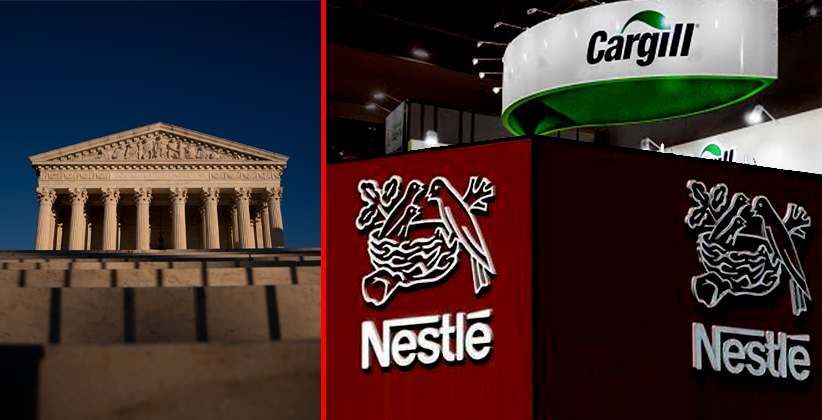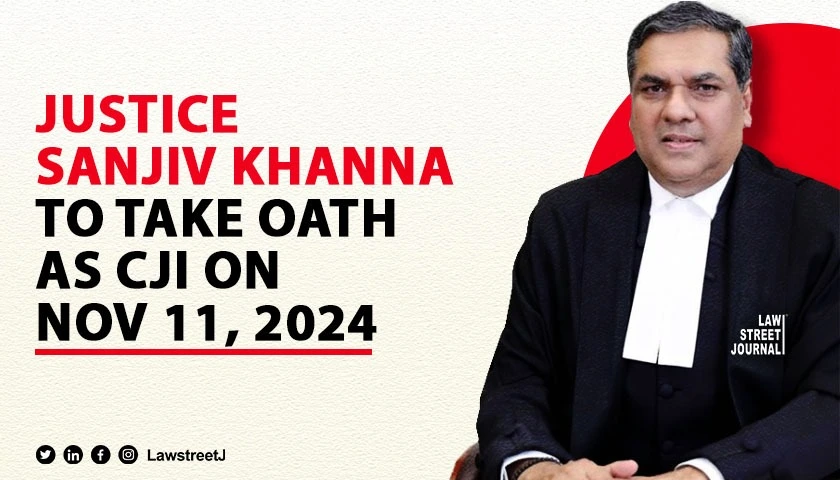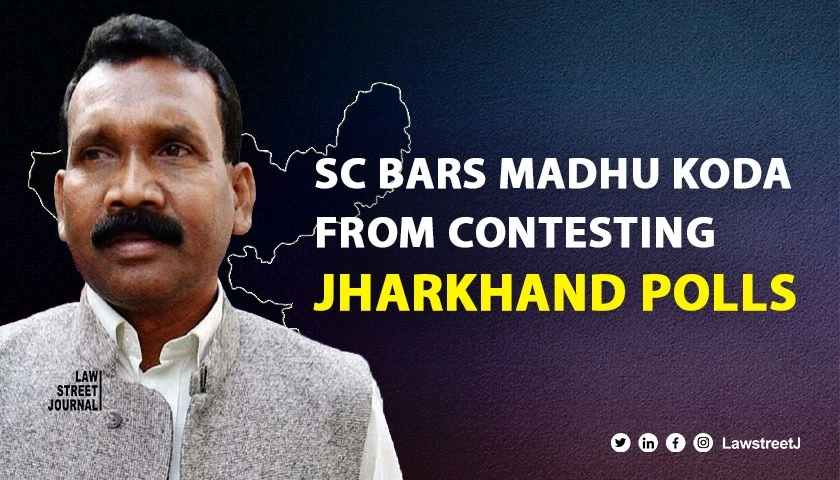Supreme Court justices appeared wary of barring lawsuits against American companies over alleged human rights abuses abroad but signalled they could toss out a case accusing Cargill Inc and a Nestle SA subsidiary of knowingly helping to perpetuate slavery at Ivory Coast cocoa farms.
The two companies are asking the nine justices to reverse a lower court ruling that allowed the lawsuit, filed in 2005 on behalf of former child slaves from Mali who worked at the farms, to proceed. Liberal Justice Elena Kagan, for example, asked what would happen if a group of slaveholders who could normally be sued individually formed a corporation in order to avoid liability. And now you are saying you cant sue the corporation? Kagan asked lawyer Neal Katyal, who argued the case for the companies.
The plaintiffs accused the companies of aiding and abetting human rights violations through their active involvement in purchasing Ivory Coast cocoa and turning a blind eye to the use of slave labor on the farms despite being aware of the practice in order to keep cocoa prices low. That court found that the claims were barred by recent Supreme Court decisions that made it harder for plaintiffs to sue corporations in U.S. Circuit Court of Appeals in 2018 revived the claims, citing the allegations that the companies provided personal spending money to local farmers to guarantee the cheapest source of cocoa. The 9th Circuit found that the payments were akin to kickbacks and that the low price of cocoa was dependent upon the child slave labor.






